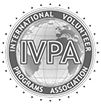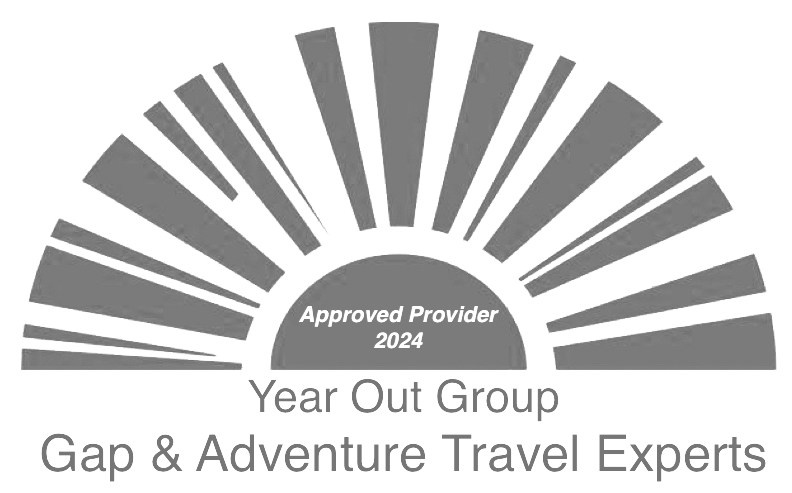Planning Your Trip
Visa stuff
As visa processes may change at any time, Good Hope Volunteers can’t guarantee the accuracy of this information, even though it is our aim to always provide you with the latest updates and information. It is the volunteer’s responsibility to check visa application processes and apply for a visa in time.
Please also pay attention to the travel information we send out before your departure!
South Africa
You can volunteer in South Africa on a tourist visa for a duration of up to three months. A tourist visa can be extended once while in South Africa. For longer stays, like long-term volunteering, you will need to apply for a volunteer visa at your nearest South African Embassy.
Whether you can receive your tourist visa upon arrival at the airport in South Africa or whether you need to apply for a tourist visa at an Embassy depends on your nationality. For the latest details and more information visit www.dha.gov.za or contact the South African Embassy in your home country.
Namibia
For Namibia, the following countries currently do NOT need a visa:
- Brazil
- Russia
Most other countries need to apply for a “visa on arrival”, which is valid up to 90 days.
The fee for a “visa on arrival" will be approx. N$1,600 (around EUR 80).
Visa extensions can only be done upon arriving at the airport. This will cost at an additional N$ 600.
Apply online at: https://eservices.mhaiss.gov.na/visaonarrival
This link also provides a fact sheet with exact instructions and steps of how to apply as well as a list of the countries allowed to apply for a visa online. We recommend downloading the factsheet and following the steps indicated.
These are the documents you need when applying online:
- passport, valid for at least 6 months from the date of your arrival and including 3 blank pages for visa stamps
- passport photo
- invitation letter (provided by the project and sent to you by Good Hope Volunteers roughly 4 weeks prior to your arrival)
- fully completed application form
Further information may be found here: https://visitnamibia.com.na/visa-information/
When passing customs please make sure to show the following documents:
- passport, valid for at least 6 months from the date of your arrival and including 3 blank pages for visa stamps
- printed invitation letter
- printed e-visa
- a copy of your valid return ticket/itinerary
- yellow fever certificate (ONLY applicable if you have travelled to a yellow fever endemic zone before entering Namibia)
For the latest information, feel free to contact the Namibian embassy in your home country.
Botswana
You are allowed to stay and volunteer in Botswana on a tourist visa for up to 90 days. Days that you spend on arrival and departure in South Africa count towards the 90 days for Botswana as well.
A tourist visa is given to citizens of most European and Commonwealth countries and a few more.
Countries include: Australia, Austria, Brazil, Canada, Denmark, Finland, France, Germany, Greece, Ireland, Italy, Japan, Netherlands, Norway, Portugal, Spain, Switzerland, UK, USA.
If you are from any other country, you may need to apply for a tourist visa at the embassy in your home country. Visas can be extended in Botswana at the Home Affairs office one month before your visa expires.
The point of entry into Botswana is the Platjan border post between Botswana and South Africa. Passports must be valid with at least six months remaining until expiry, and at least two blank pages left in them.
Tanzania & Zanzibar
Please note that regulations of entry permits, fees, conditions, etc. may vary from country to country. Generally, but not necessarily applicable to every country, the visa for Tanzania and Zanzibar is obtained upon arrival.
It is in everyone’s own interest and responsibility to inform themselves about visa processes of their own country when travelling.Please request a volunteer visa. The visa fee is usually $50.
Visa process at the airport and documents needed:
The visa fee is usually paid in cash (you may pay in dollars, euros or Tanzanian schilling) In rare cases only, credit cards are accepted. It is advised to bring some extra cash.
- Your passport must be valid for at least 6 (six) months from the date of entry.
- 2 empty pages in your passport for visa stamps.
- Return ticket/itinerary.
- Bring a printed copy of the invitation letter we send you.
- Fill out the form you receive upon entry. Make sure to also include the information indicated on your invitation letter.
To guarantee entry into Zanzibar, you also need to show proof of your special travel insurance – purchased through the Zanzibar Insurance corporation as stated under “Insurance”. This does not apply to stays in Tanzania.


